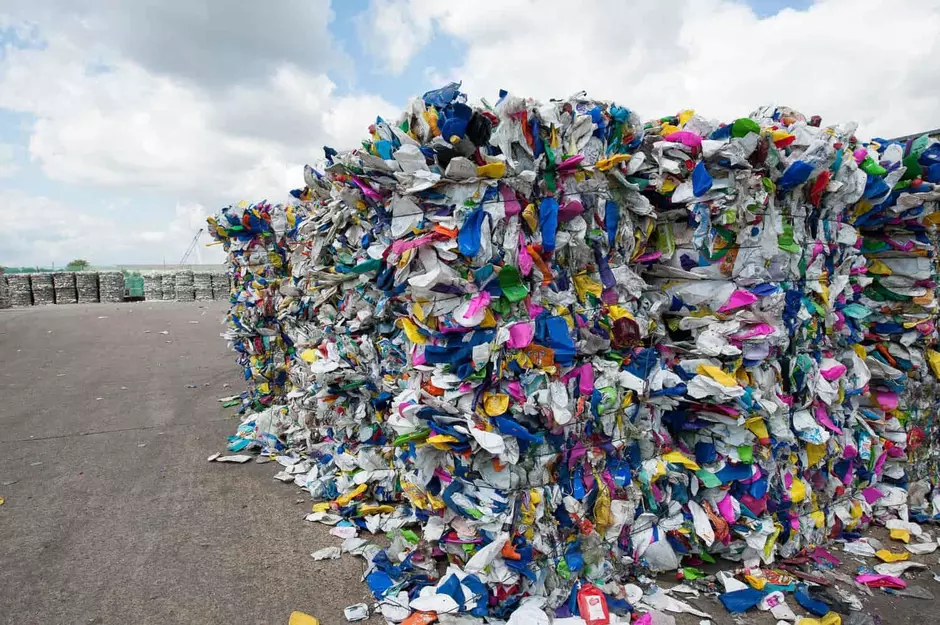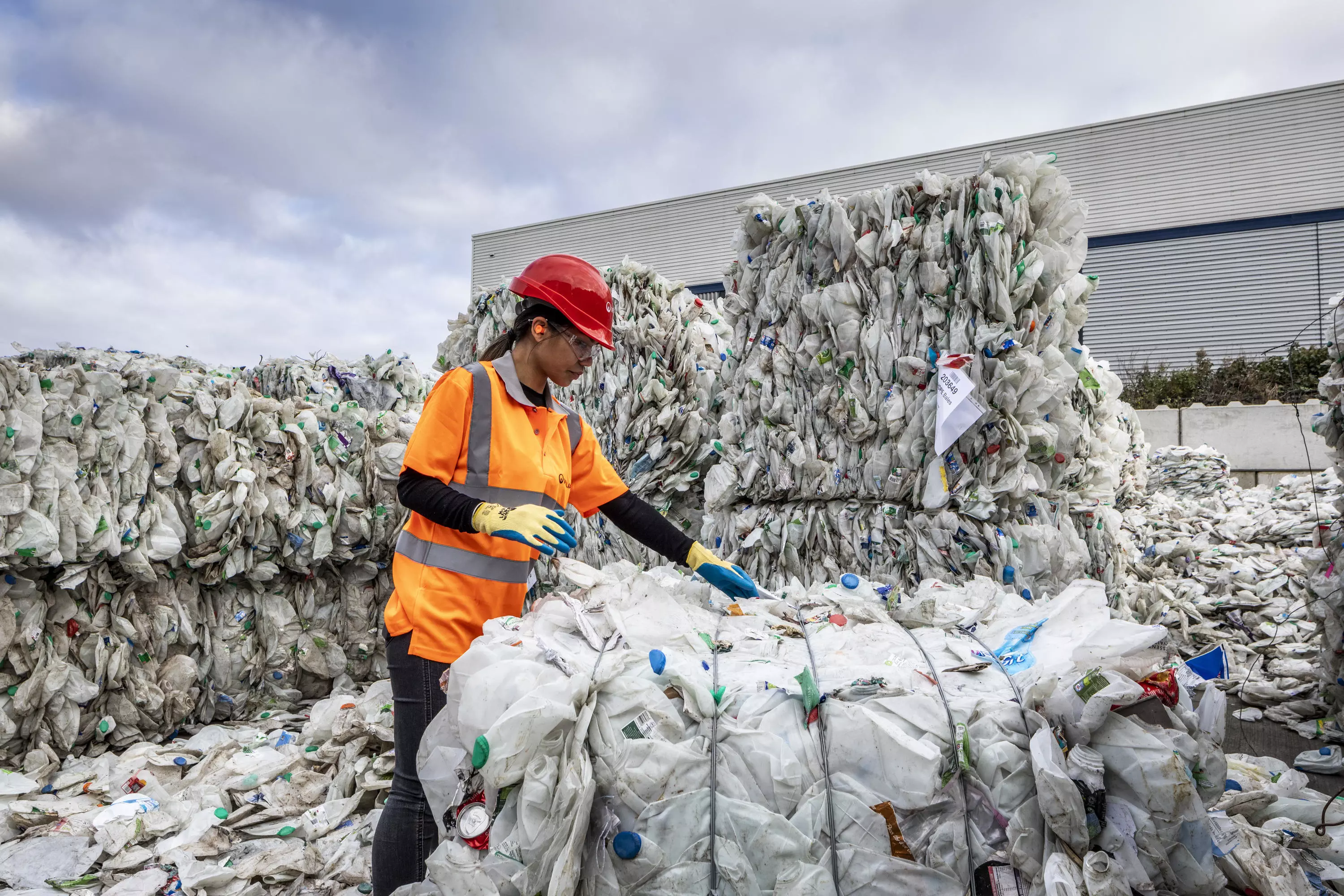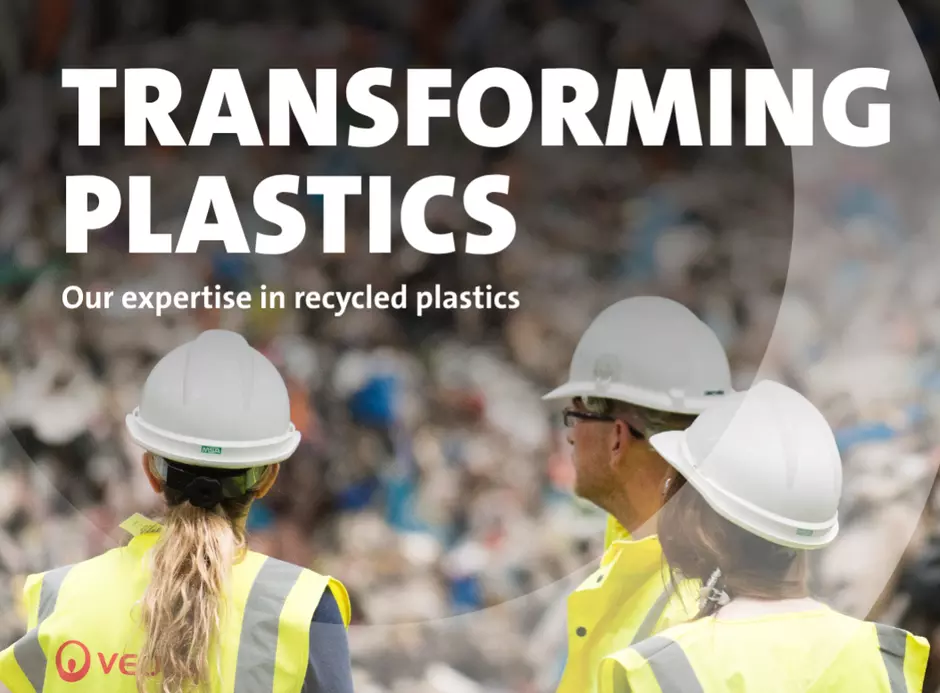Circular economy innovations and investment are crucial to achieving the government's long term recycling and climate goals, so it’s great to see these markets continue to evolve and change at pace.
However, when it comes to the recycled plastics market in the UK, one thing is clear: investment and jobs are at risk.
The continued demise in the market for good-quality recycled content is driven by political inaction and despite having ambitious national targets, the UK is falling short due to a lack of supporting policy frameworks. Consequently, we have seen others within this industry setting out their intentions to close their recycling facilities, having a catastrophic impact on the environment, the local economy, and local workforces.
Here we set out the viable routes that the government can take to support the industry. By following these actions the government would provide you with the peace of mind that you will have reliable access to high quality recycled plastics as well as the comfort in knowing your waste is appropriately managed in line with the waste hierarchy.
1. Establish mandatory recycled content requirements
Strict recycled content requirements will help incentivise the demand for secondary materials if implemented across various sectors, including packaging, automotive, construction, electronics, and textiles.
- A more predictable market for recycled plastics will be created.
- Businesses will gain long term confidence to invest in the circular economy.
- Investment in innovation will significantly expand to support new packaging solutions.
2. Escalate the Plastic Packaging Tax
As we have highlighted before, the Plastic Packaging Tax (PPT) needs to be reformed at the earliest opportunity to increase recycling rates. By 2030 the rate should be £500 per tonne for non-compliance. As of the 1st April 2025, the tax was only increased in line with the Consumer Price Index (CPI) to £223.69 per tonne so an escalation is needed to:
- Provide a clear financial incentive for sustainable packaging choices.
- Foster a competitive market for UK recyclers against international counterparts.
3. Effective implementation of Extended Producer Responsibility (EPR) for plastics
2025 ushered in the launch of the Extended Producer Responsibility (EPR) scheme, which holds packaging producers responsible for their products throughout their entire lifecycle, including the post-use stage.
Final base fees for 2025/26 are yet to be published but they need to be fair and proportionate in order to support the most recyclable packaging materials, resulting in a clear cost distribution across the supply chain and improved recycling efficiency.
- For producers, this will incentivise them to improve designs resulting in less packaging becoming waste in the first place.
- For the waste management industry, this can directly increase the amount we can reuse materials safely.
- For Local Authorities, many of which are at a critical juncture in their approach to services, will welcome the much needed pressure relief as the waste fee will go directly to creating a fund to pay for their costs relating to the collection, transport and recycling of household packaging waste as well as costs associated with packaging in residual waste and in street bins.
4. Create standards and certification schemes
To truly foster a thriving circular economy, greater harmony is needed to avoid complicated regulations that stifle business cooperation and engagement.
- Consumers want to be able to place more trust in producers, so a more collaborative and transparent approach will support this.
- Proactive circular economy design choices made today can be capitalised on in the future.
5. Comprehensive due diligence for plastic waste exports
For too long illegal exports of waste and poor compliance by those seeking to cut corners have continued to operate. The UK should develop a register of overseas facilities that are appropriately licensed, and have the required technology and infrastructure to carefully monitor Packaging Recovery Notes (PRNs).
- Improved due diligence measures will increase accountability across the industry.
- Industry will also be incentivised to find reliable and compliant supply chain solutions.

By supporting these policy changes, businesses can:
- Benefit from a range of advantages that a strong circular economy can bring.
- Meet growing consumer demand for sustainability.
- Future-proof operations against stricter international regulations.
- Gain competitive advantage in an evolving market.
Looking for plastic recycling solutions today?
We can help. Check out our range of plastic recycling solutions to the right, or get in touch below:



